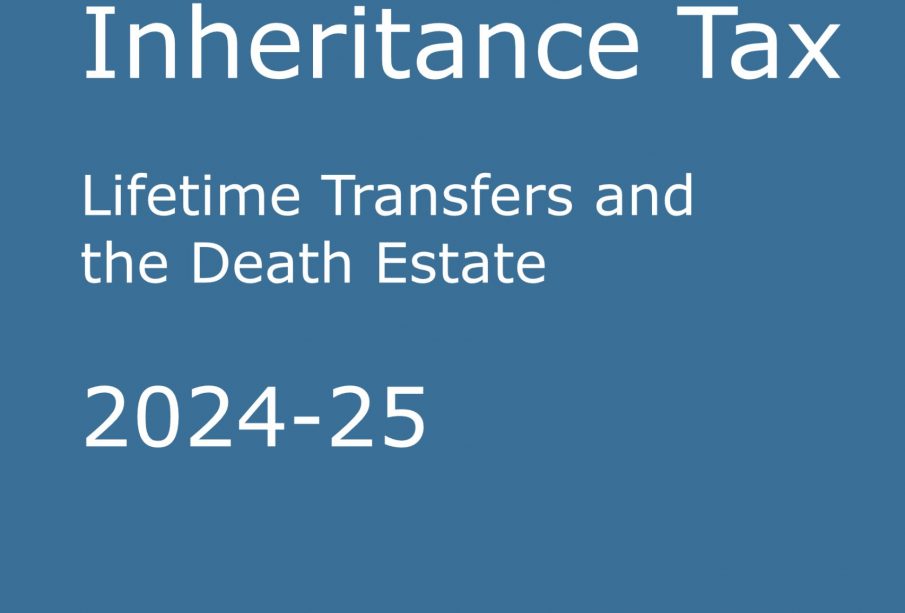What You Need to Know About Inheritance Tax in the UK

Introduction
Inheritance tax (IHT) is a crucial aspect of estate planning in the UK, affecting individuals and families when wealth is transferred after one’s death. As UK taxpayers navigate the complexities of estate management, understanding inheritance tax is essential to minimise liabilities and ensure that heirs receive their due inheritance. Currently, inheritance tax is set at 40% on estates worth over £325,000, which underscores the importance of well-informed financial strategy.
Details and Current Events
The UK’s inheritance tax regime underwent some scrutiny in recent months, particularly in light of the rising property values and the broader economic conditions post-COVID-19. As houses inflate in value, many estates may unwittingly face IHT obligations that surpass previous estimates. According to the Office for National Statistics, the number of estates paying inheritance tax increased by around 11% in the past year, leading to calls from financial experts for a review of the threshold.
In addition, there are several exemptions and reliefs available which can help mitigate the impact of inheritance tax. For example, gifts made to charities and certain types of transfers can reduce the taxable estate, as well as the main residence nil-rate band which can effectively increase tax-free allowances for homes passed to descendants. This band can add an additional £175,000 per person on top of the standard threshold, as outlined in the HM Revenue & Customs guidelines. Furthermore, any gifts made more than seven years before death are usually exempt from IHT.
Conclusion
Understanding inheritance tax is vital for anyone looking to preserve wealth for future generations. With tax liabilities potentially becoming a significant portion of an estate’s value, proactive financial planning is essential. It is recommended that individuals consult with financial advisors or estate planners to navigate the complexities of inheritance tax effectively. Future adjustments to the tax threshold or regulations are also anticipated, making it important for families to stay informed and prepared. By considering exemptions and strategising with professional guidance, taxpayers can significantly reduce their inheritance tax burden, ensuring that more of their wealth is passed onto their loved ones.








